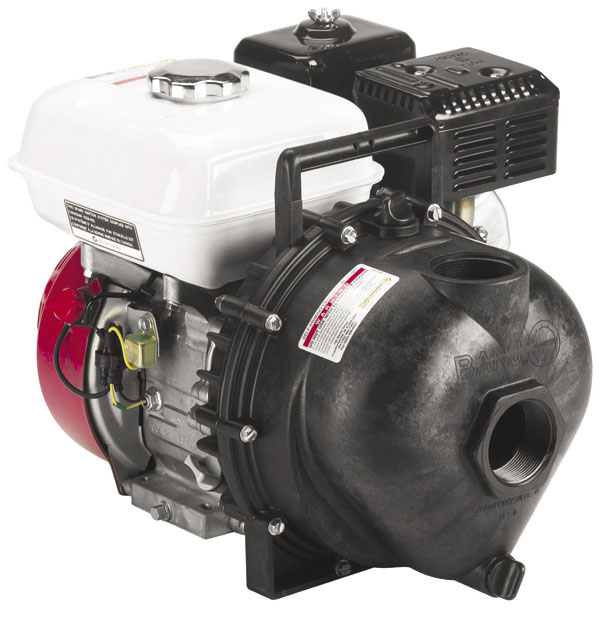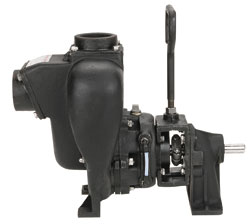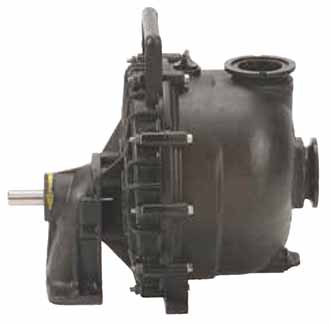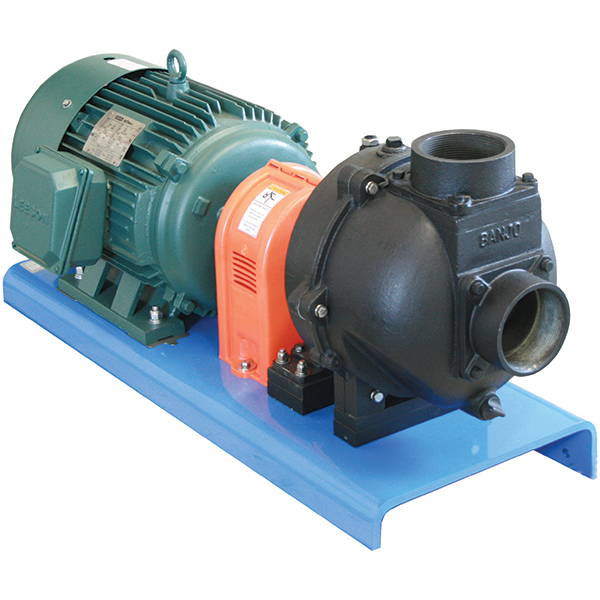Dultmeier Sales stocks several Banjo centrifugal pump models to meet the demanding needs of ag and industrial applications.
|
Engine-Drive Banjo Pumps
|
Cast Iron Banjo Pumps
|
Banjo Poly Pumps
|
Banjo Pump & Electric Motor UnitsElectric Motor-Driven Transfer Pumps on Baseplate. |
Pumps in stock will ship out fast. Order today!
How to Choose the Right Banjo Pump
Banjo pumps are known for their durability, chemical resistance, and versatile capabilities in agricultural and industrial applications. Specializing in water, fertilizer, brine, and chemical transfer.. Choosing the right model depends on several key factors — from the type of pump to the materials used in its construction.
Here’s a quick guide to help you select the best Banjo pump for your needs:
Choose Your Pump Type
Banjo manufactures a variety of self-priming centrifugal pumps designed to provide high-flow fluid transfer in a range of applications:
- Gas-Engine Driven Pumps – Versatile pumps driven directly by a gas engine. Ideal for mobile applications such as nurse trailers, tender trailers, tanker trucks, and more.
- Electric Motor Driven Pumps – Transfer pump units coupled to motors and mounted on base plates. for loading and unloading facilities, tank farms, mixing plants, fertilizer terminals, brine production, and other stationary applications.
- Hydraulic Driven Pumps - Pumps equipped with a hydraulic-driven motor to be installed on trucks or other equipment with hydraulic systems.
- Pedestal Pumps - Banjo pumps are available with a bearing pedestal and solid shaft. These can be coupled to any drive source that produces adequate RPM and horsepower.
- Pumps for direct coupling to engines/motors - Pump only kits that will mount up to a gas engine or c-face electric motor.
- Wet Seal Pumps - To protect against run-dry scenarios, Banjo also offers poly and cast iron pumps with lubricated mechanical seals or "wet" seals. This prevents seal damage if there is no liquid getting to the pump, if a tank is empty, or a valve is left closed.
Identify the Flow Rate You Need
Banjo offers different-sized pumps to accommodate a wide range of flow requirements:
- Depending on the pump type and model, flow rates are available from 50 GPM to over 600 GPM.
- 2-Inch pumps flow up to approximately 190 GPM max
- 3-Inch pumps flow up to approximately 270 GPM max
- 4-Inch pumps flow up to 650 GPM max
Flow rate in a Banjo centrifugal pump (and all centrifugal pumps) is influenced by three key factors: plumbing, RPM, and horsepower. Undersized plumbing restricts flow and adds backpressure, limiting performance. RPM directly affects how fast the impeller moves water—higher RPM generally means higher flow. Adequate horsepower is required to maintain flow rates with heavier liquids such as fertilizers.
Learn more in our full guide: Selecting the Best Fertilizer Pump for Your Application
Chemical Compatibility
Choose the right pump material to best handle the fluids you need to transfer. Consider the pump housing/body material as well as the seal material:
- Polypropylene – Used for pump bodies, it is lightweight and chemically resistant. Ideal for handling corrosive ag chemicals and fertilizers. It can be brittle in cold temperatures and crack if liquid freezes in the pump.
- Cast Iron - Very durable and holds up well to many different types of liquids, but it is prone to rust.
- 316 Stainless Steel – The most durable option and resistant to abrasion. Compatible with a wide range of harsh, corrosive fluids, however, it is the most expensive option.
- Viton®, EPDM, or Buna Mechanical Seals & Elastomers – Match seal type to the fluid you're pumping:
- Viton®: Compatible with petroleum-based liquids, fertilizers, high-temperature liquids, and other chemicals.
- EPDM: Not for petroleum, agrochemicals, water/chemical mixtures, and fertilizer
- Buna: compatible with fuels and some fertilizers
For more help, be sure to read our centrifugal pump guide or contact our team to get you matched with the right Banjo pump for your application.
✅ Frequently Asked Questions
Q: Are Banjo pumps self-priming?
A: Yes, Banjo pumps are self-priming pumps.
Q: Can Banjo pumps handle fertilizers or ag chemicals?
A: Yes — but it's important to select the correct pump body and seal materials (e.g., poly housing, Viton seals) based on the specific chemical.
Q: What size pump do I need?
A: It depends on your required flow rate (GPM), system plumbing, and application type. Our team can help you size the right model.
Why Choose Banjo Pumps?
- Versatility: Wide range of models for transfer of various fluids such as water, fertilizer application, chemical, salt-brine, and more. Flange and threaded port options provide easy plumbing and installation.
- Ease of Maintenance: Banjo pumps feature a simple design that makes repairs and servicing straightforward.
- Corrosion Resistance: Models made with polypropylene and stainless steel are resistant to chemicals and harsh environments.
- High Flow Rates: Engineered for rapid fluid transfer, making them suitable for high-volume applications. The new M350 model offers some of the highest flow rates available from a 3-inch engine-driven poly pump.
- USA-Made Quality: Reliable and manufactured to meet stringent quality standards.
Browse Banjo Pump Units:


















